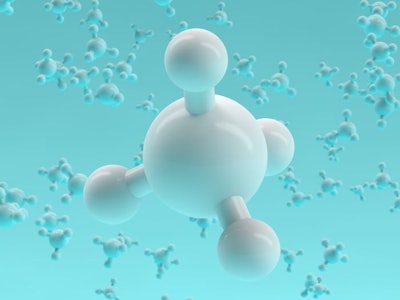
An international feed partnership has announced plans to manufacture its latest single-cell protein product in Texas.
Core Protein, a Texas-based subsidiary of Core Capital Investments, and Danish biotech company Unibio, announced plans to construct a new protein production plant in Texas, though the exact location and timeline for the project have yet to be finalized, according to Ron Yair, a managing partner at Core Protein.
Yair said Core Protein aims to secure a specific location — likely near Houston — in time to break ground on the project during the first half of next year.
“It’s a very large project,” Yair said, “and therefore we are being very thoughtful and methodical. But we would like to move forward as soon as possible.”
Although the exact location has not been determined, Yair said Core Protein believes Houston is the ideal metropolitan area for its plant because of the city’s access to highways, railways and ports. The Texas workforce also offers the unique talent pool Core Protein seeks for the project — skilled production staff and highly educated workers who can fill positions that demand experience in tech and science.
Texas also boasts a large market for animal feed, and the state produces large quantities of natural gas — the primary raw material required for methane-to-protein fermentation process that Core Protein intends to employ at the plant.
Yair said this process, which was developed by Unibio, has already been used to produce single-cell protein ingredients for aquafeed in Norway, where it was primarily used by the salmon industry. Aquaculture will remain a critical target for Core Protein, but Yair said it has plans to offer products for swine and cattle producers as well.
Using methane to produce protein could reduce agriculture’s environmental impact by decoupling protein production from demand for natural resources such as land and water. The nutritional profile of the product is “fairly close, but not identical” to that of fish meal, Yair said, and therefore could reduce stress on natural fisheries. And the price, he said, should also be comparable to conventional protein products.

















